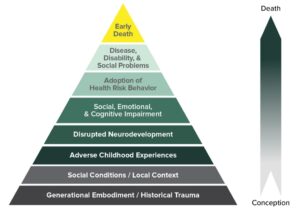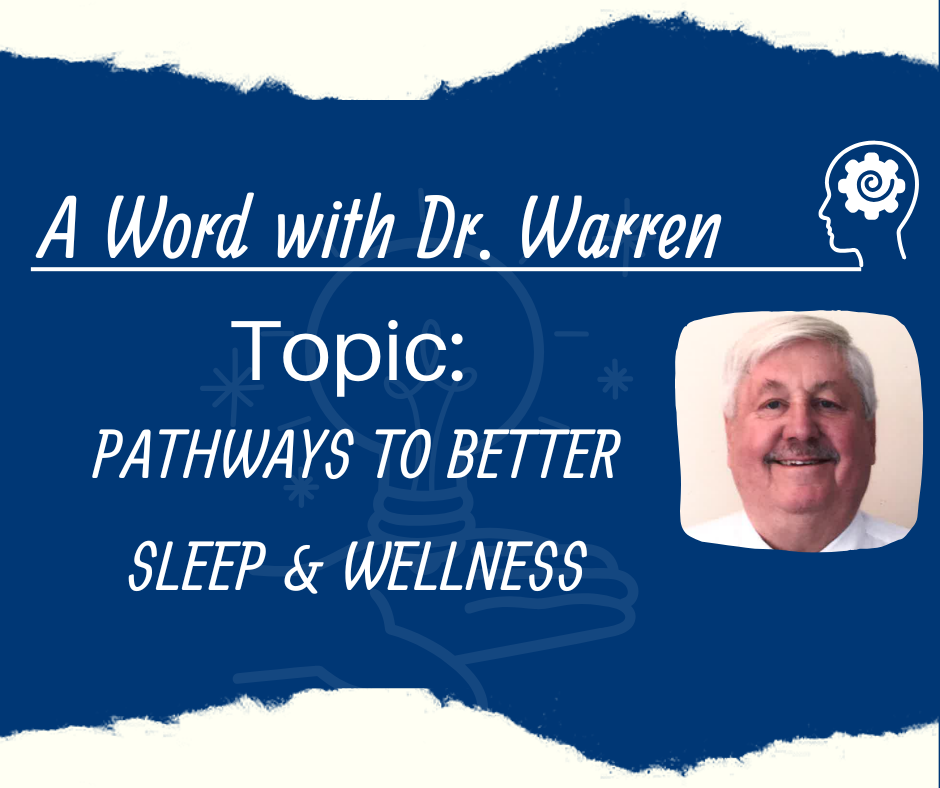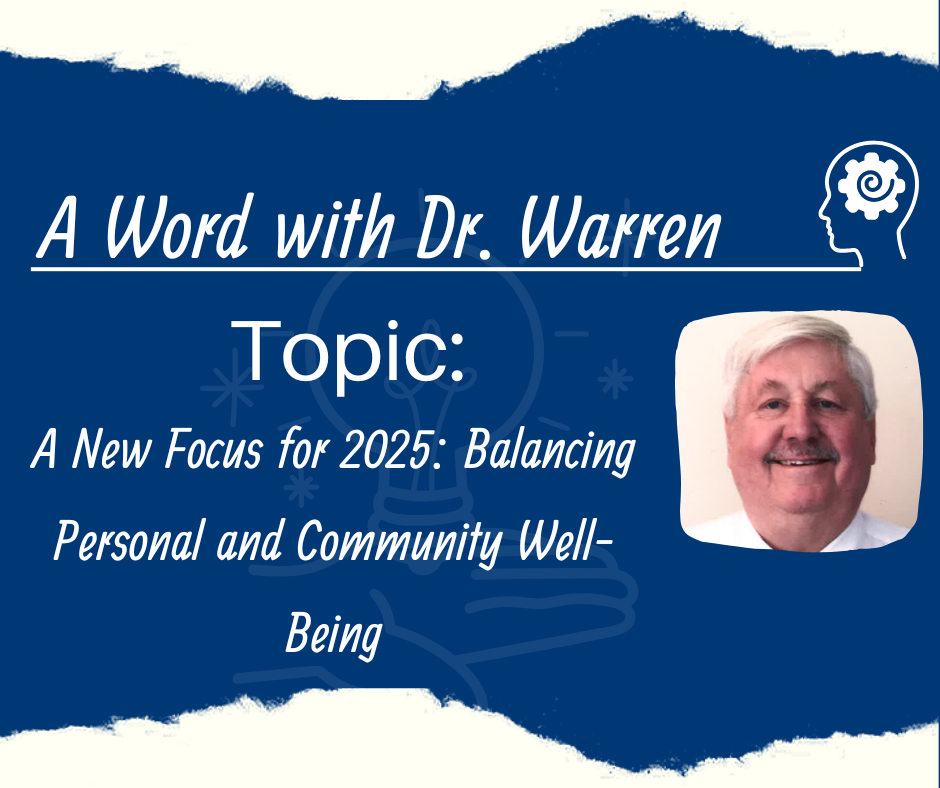Wednesday With Dr. Warren is a segment by Warren A. Kass, Ph.D. Consulting Clinical Psychologist at Magdala House. Dr. Kass is a graduate of Marquette University, has a doctorate from St. Louis University, and has over 51 years of experience as a clinical psychologist. Wednesday With Dr. Warren is an informative, thought-provoking piece that will inspire us to live, think, and be better people.
Many of us know that stress can affect both our minds and bodies, causing issues like trouble sleeping, headaches, and difficulty concentrating. But did you know that stress experienced during childhood can have lasting negative effects on our adult lives? This is called Adverse Childhood Experiences, or ACEs.
The ACE pyramid, as outlined by the Center for Disease Control-Kaiser ACE Study, offers a conceptual framework illustrating the significant link between adverse childhood experiences and both disease and well-being.

While it’s common for people to go through stressful times during childhood, not everyone realizes how much it can impact them later. About 36% of adults in the United States say they didn’t experience significant stress during childhood, but the remaining 64% dealt with at least one severe stressor, like abuse or family dysfunction. Research shows that children who face four or more of these severe stressors are at higher risk for problems like alcoholism, depression, and even physical health issues like heart disease.
As more research is done, we’ve identified additional experiences that can affect brain development, like witnessing violence or being bullied. It’s important to note that not everyone reacts in the same way to these experiences, and they’re not evenly distributed across the population. Factors like income level, education, and race can play a role.
At places like Magdala’s transitional and emergency housing sites, many residents have experienced what’s called “toxic stress” — constant and severe stress that can lead to serious health problems.
It’s crucial to distinguish between adverse experiences that are stressful and those that are traumatic. Traumatic events involve direct exposure to death, injury, or violence, and they can have a profound impact on a person’s mental health.
Fortunately, there are ways to manage stress and mitigate its effects, like relaxation techniques, mindfulness, exercise, and healthy habits. By implementing evidence-based programs and supporting resilience-building initiatives, we can work towards reducing the prevalence of ACEs and promoting healthier childhoods for all. This not only improves individual well-being but also has broader societal benefits, potentially reducing healthcare costs and fostering a more resilient and cohesive society.
– Warren A. Kass, PhD
Consulting Psychologist
References upon request







